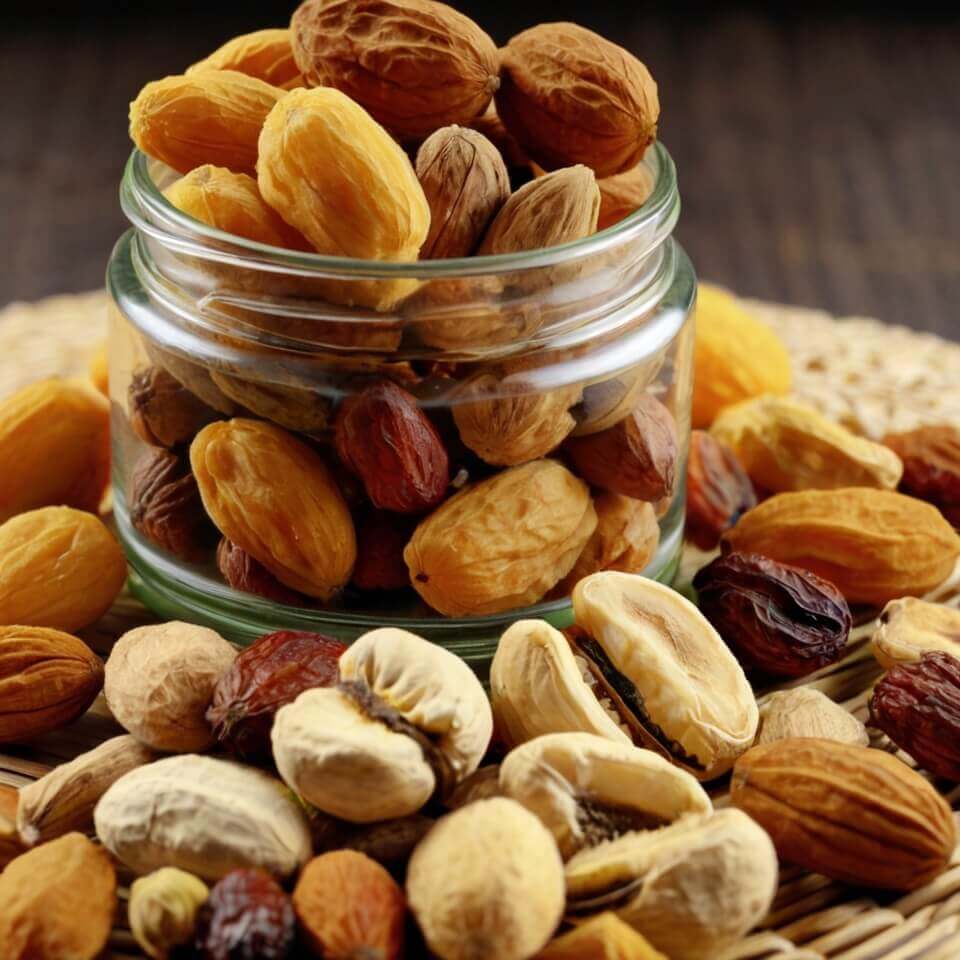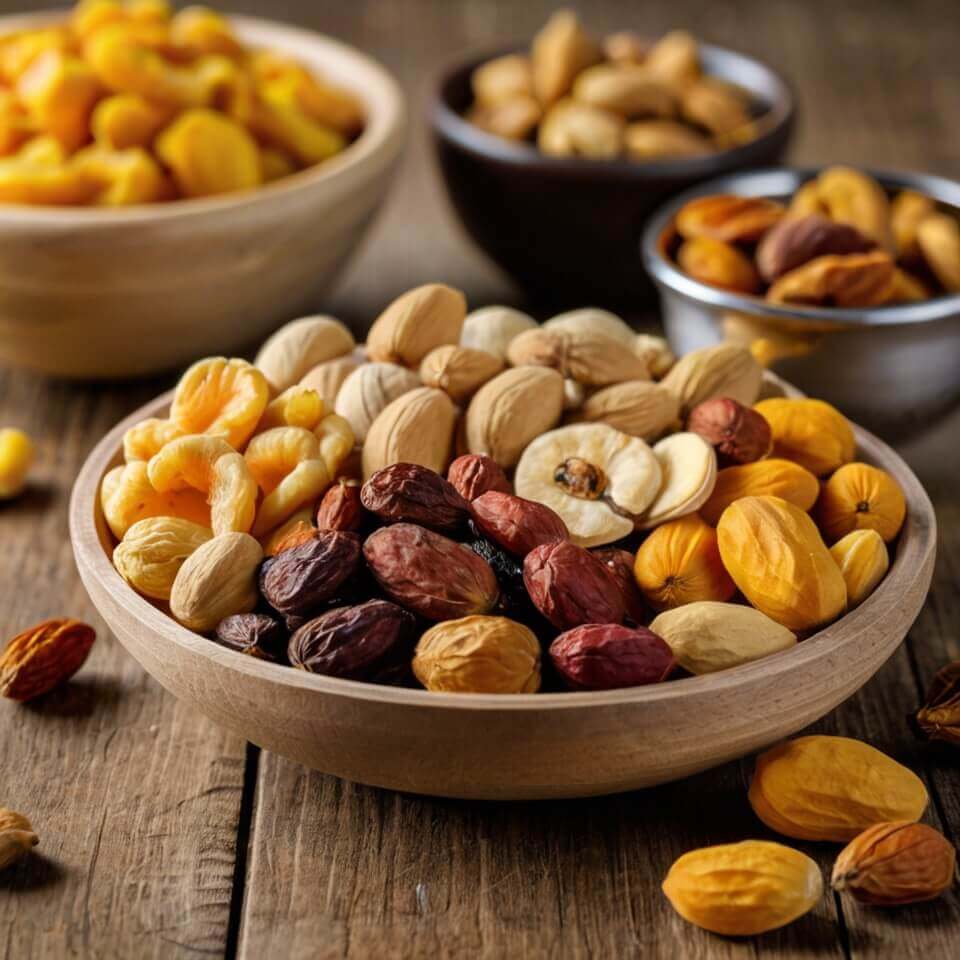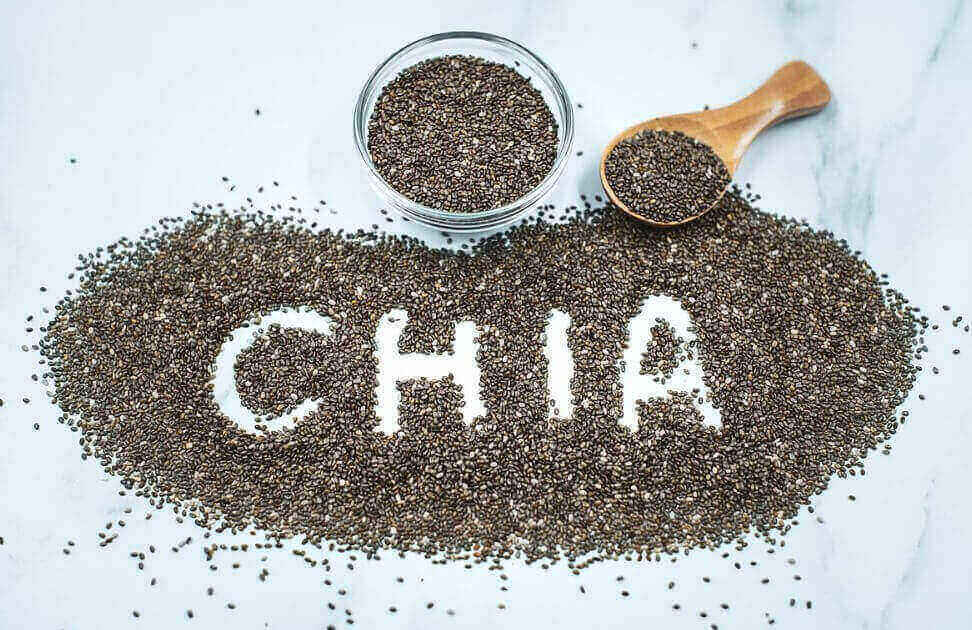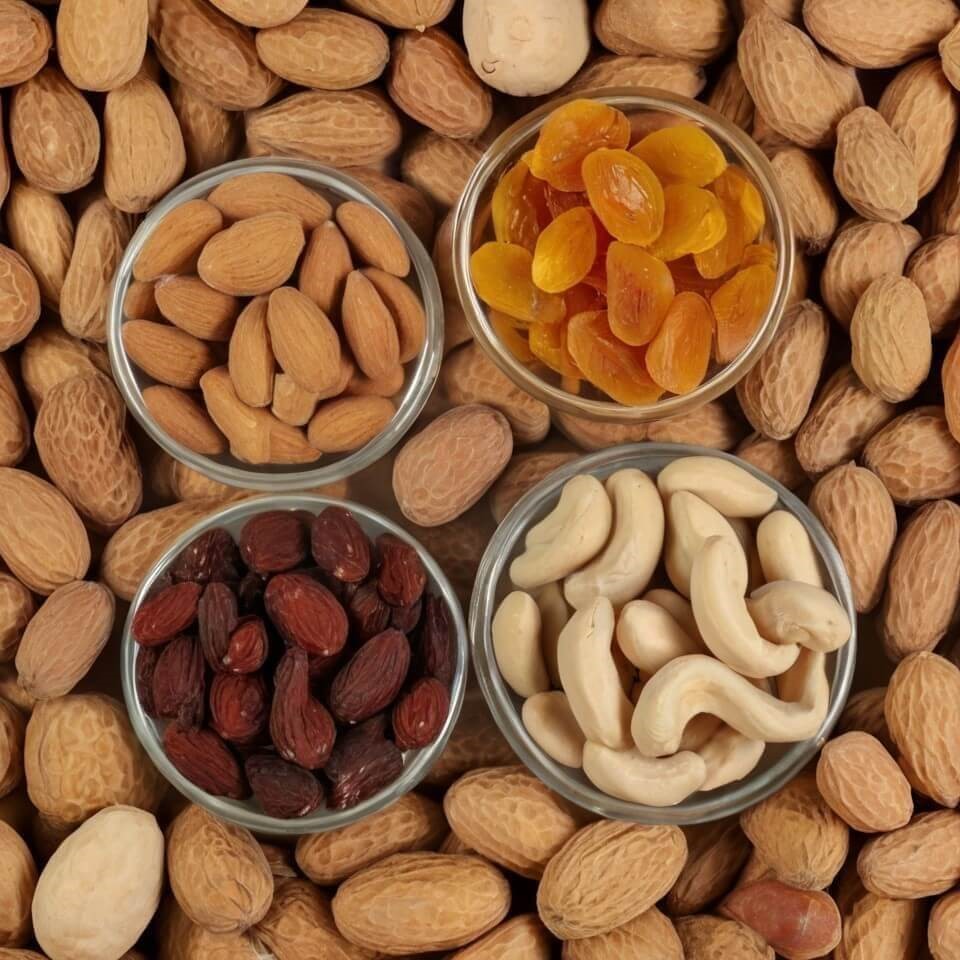
Who can forget the scary days of Covid-19? I am sure those grim days have changed how we looked at ourselves. Haven’t you become more conscious of your health objectives now? According to a survey, the pandemic has made 60% of people worldwide more responsive towards their health needs. They are now selecting healthy diets, better sleep, mental well-being, and good lifestyle habits. There is also a growing trend towards natural and organic products. We are fortunate that Mother Nature has a solution to most of our needs, including Vitamin B12 rich dry fruits. Isn’t it wise to meet our nutritional requirements through natural sources instead of taking pills and supplements? I know you agree with me, which is why you are here.
As Rembrandt once said, “Choose only one master – nature.”
So, incredibly true!
No doubt the pandemic has taught us some harsh but invaluable lessons.
Also Read: Best Dry Fruits for Weight Gain in 2025
Why is Vitamin B12 Essential?
According to the health information on the NIH website, vitamin B12 has mainly three essential roles to play in our body:
- Supporting Brain and Nerves: Any deficiency of vitamin B12 in the body can cause neurological disorders that may affect your nervous system.
- Promoting Healthy Blood Cells: Vitamin B12 is needed to produce healthy red blood cells. These cells carry oxygen to every cell in our body.
- Helps in DNA Building: Vitamin B12 plays a crucial role in the production of DNA. It guides our cells on how to grow and function.
So, you know that it is crucial not to be vitamin B12 deficient.
I have further outlined the symptoms of vitamin B12 deficiency so you can catch it early.
Vitamin B12 Deficiency & Symptoms
Apart from not consuming sufficient amounts of vitamin B12 through various sources available, other factors that can lead to deficiency include difficulty absorbing the vitamin, prolonged use of specific medications, and certain socioeconomic factors.

Image courtesy: flickr.com
The deficiency manifests itself in the following ways:
- Megaloblastic anemia (red blood cells become larger than normal and have an unusual shape.)
- Low counts of white and red blood cells, platelets, or a combination
- Inflammation or swelling of the tongue
- Fatigue
- Palpitations
- Pale skin
- Dementia
- Weight loss
- Infertility
- Neurological changes such as numbness and tingling in the hands and feet
- Vision Problem
- Depression
- Hallucinations
- Problems with balance and coordination
Pregnant and breastfeeding women need to be extra cautious regarding vitamin B12 intake as any deficiency can cause neural tube defects, developmental delays, poor growth, and anemia in their babies.
European Union food regulations recommend a daily intake of vitamin B12 as 2.5 µg.
Why Are Natural Sources Good?
‘Connecting with nature’ is something which I strongly believe in. That is why, I try to avoid artificial stuff as much as possible.
Exploring and embracing natural materials is not just a hobby to me – it is a passion.
Holding the hands of Mother Nature is much more than an emotional connection, there are many obvious benefits to it.
- Natural products are much healthier than their artificial counterparts.
- Natural products are minimally processed and do not include synthetic additives, making them safer for our bodies.
- Sources derived from nature are environmentally friendly and cost-effective.
- Mostly natural products retain essential nutrients and beneficial compounds not always found in supplements.
Choosing natural products is a step towards a better and healthier life and sustainable future.
PS: Choosing Mother Nature does not necessarily mean entirely opposing supplements.
It’s important to be practical.
It is necessary to take supplements if you do not meet your daily needs through natural sources.
Also Read: WellHealth Ayurvedic Health Tips
Top 7 Vitamin B12 Rich Dry Fruits

Various research has shown that people on a strict vegetarian diet are at a high risk of vitamin B12 deficiency.
Since vitamin B12 is mostly found in animal-based foods, what options do non-meat-eaters have?
You will be delighted to know about certain vitamin B12 rich dry fruits that are healthy and tasty and will meet some of your daily needs for vitamin B12.
1.) Almonds
Almonds indeed contain vitamin B12, however, they do not contain a significant amount of it.
Still eating a handful of almonds daily can be a nice way of getting a decent dosage of vitamin B12.
2.) Cashews
Cashews are delicious and can add small amounts of vitamin B12 to your daily intake.
They are a safe, natural, and vegan way of getting vitamin B12 but cannot fulfill the recommended dietary allowance (RDA).
3.) Pecans
Pecans also contain vitamin B12 but in lower amounts.
Nonetheless, including pecans in your diet can give you health benefits beyond vitamin B12.
Apart from vitamin B12, pecans contain other essential nutrients such as calcium, magnesium, potassium, and dietary fiber.
4.) Sacha Inchi
Sacha Inchi, also known as Inca peanut, mountain peanut, wild peanut, and jungle peanut, is a seed rather than a nut.
The seeds are toxic if eaten raw. The toxins are removed through roasting which makes them safer to eat as nuts.
The opinions are divided regarding the presence of vitamin B12 in sacha inchi.
According to eco-ola.com, sacha inchi contains 0.20 mg of vitamin B12 per 100g.

Image courtesy: Wikimedia Commons
5.) Chia Seeds
Recent research has shown that adding chia seeds to the diet, particularly by vegans, can supplement the body’s vitamin B12 needs.
As per a study published in SciELO – Brazil, feeding animals with a diet rich in chia seeds, increased their vitamin B12 levels significantly.
The study gives us a reason to include chia seeds as a potent source of vitamin B12 in our diets.
6.) Sunflower Seeds
Sunflower seeds naturally do not contain vitamin B12, however, a recent study has found that when they are fermented to make sunflower seed milk they become a rich source of B12.
Just by drinking 100 ml of this special fermented milk, you get 6 times more vitamin B12 than needed in a day, as per experts.
The good news for non-meat-eaters is that this milk is found to have the highest amount of vitamin B12 ever found in plant-based foods.
Plus, it is completely safe to drink it.
The process of fermentation not only makes the milk tastier but also increases its quality and nutrition.
This recent study is fantastic news for vegetarians because this milk is a great substitute for animal-based foods.
7.) Tiger Nuts
Tiger nuts are nature’s superfood, packed with vitamin B12 and many other nutrients.
They are a real powerhouse of nutrition with an impressive 1.538 mg/kg Vitamin B12 content.
They taste amazing and unique and are a perfect snack that will not affect your sugar levels.
Toss a handful of tiger nuts into your favorite smoothie for a delicious treat.

The Takeaway
Adding dry fruits to your diet goes beyond just addressing the levels of vitamin B12 in your body.
They are a part of healthy dietary habits.
While the research is ongoing to find plant-based sources of vitamin B12, let us all stay grounded in reality.
The fact is that plant-based sources of vitamin B12 fall short of meeting our daily needs for B12.
Hence, where it is healthy to include vitamin B12 rich dry fruits in our diets, it is equally crucial to supplement any deficiency of vitamin B12 through other sources.
Disclaimer: The views expressed in this article are the writer’s opinions and should not be considered a substitute for an expert’s advice.
Readings & References
- https://www.dsm.com/food-beverage/en_US/insights/insights/consumer-insights/health-conscious-consumers-are-looking-to-enjoy-it-all.html#
- https://ods.od.nih.gov/factsheets/VitaminB12-HealthProfessional/#:~:text=Vitamin%20B12%20is%20required%20for,1%2D3%2C5%5D.
- https://en.wikipedia.org/wiki/Plukenetia_volubilis
- https://injasr.org/Aug2021/PROXIMATE,%20VITAMIN%20AND%20ELEMENTAL%20ANALYSES%20OF%20TIGER%20NUT%20(CYPERUS%20ESCULENTUS).pdf
- https://www.cell.com/heliyon/pdf/S2405-8440(22)01860-6.pdf
- https://www.eco-ola.com/specsheets/extra-virgin-sacha-inchi-oil-specsheet.pdf
- https://www.scielo.br/j/rn/a/pDfQWtj5JmNLmv3Mw3kC7Rz/#:~:text=Furthermore%2C%20chia%20supplementation%20cannot%20reverse,food’s%20metabolic%20properties%20and%20interactions.
- https://microbialcellfactories.biomedcentral.com/articles/10.1186/s12934-022-01773-w#:~:text=Hence%2C%20a%20single%20daily%20serving,to%20provide%20vitamin%20B12.
- https://injasr.org/Aug2021/PROXIMATE,%20VITAMIN%20AND%20ELEMENTAL%20ANALYSES%20OF%20TIGER%20NUT%20(CYPERUS%20ESCULENTUS).pdf
बहुत सुन्दर लेख है। अखरोट,बादाम का नियमित सेवन विटामिन-12 की क्षतिपूर्ति करता है। तुमने अन्य जिनकी भी संस्तुति की है वे भी।
Thanks for your comments.
Very informative n important article for everyone.
Thanks for your comments.